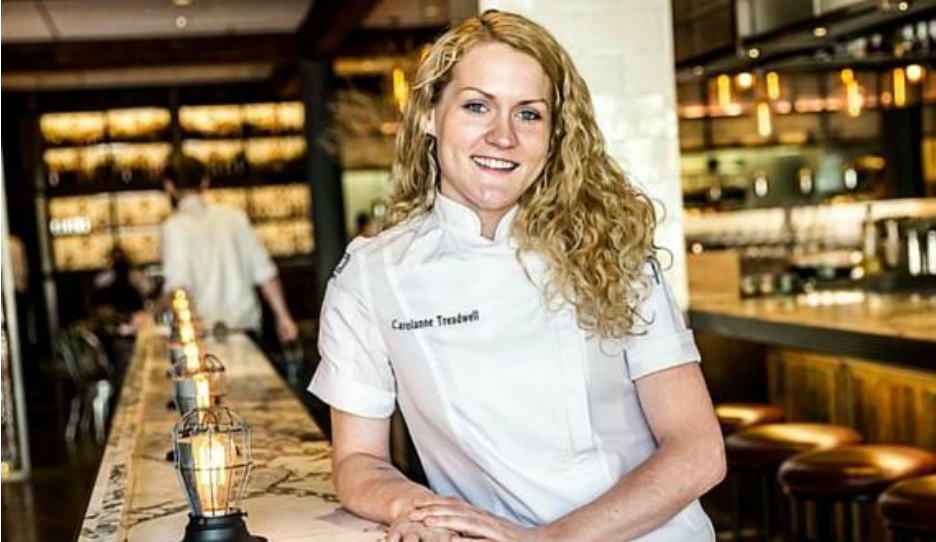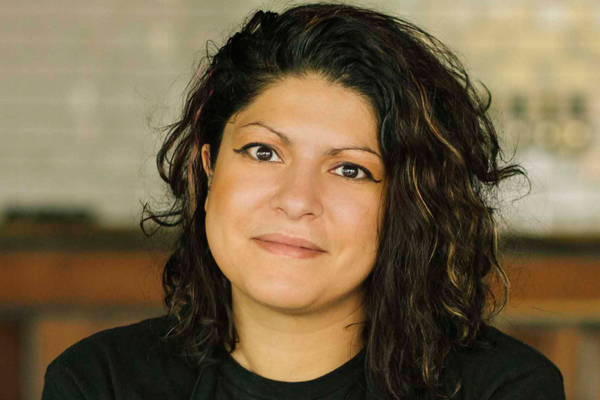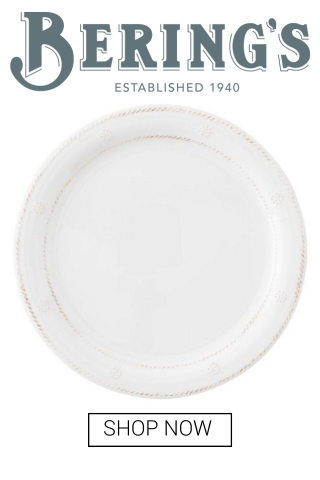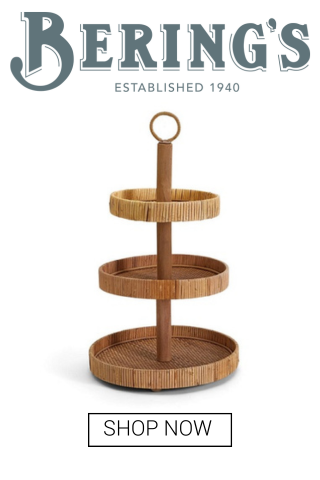Dallas Female Chefs Take On Sexism in the Kitchen After a Disturbing Story: Frank and Real Restaurant Talk
BY Natalie Gempel // 05.10.17Carolanne Treadwell argues that restaurant kitchens are becoming more and more equal.
Professional restaurant kitchens remain an overwhelmingly male domain and a recent Vice article asking male chefs why revealed that sexism is alive and well in kitchens across the globe. The response of the prominent chefs in the article — which ranged from women chefs are too distracted by their boyfriends to female chefs do not posses the strength and stamina to survive the grueling long days in the kitchen required — kicked up a mini international firestorm.
We wanted to hear what women chefs in Dallas had to say about it. So we spoke with some of the city’s top chefs — Janice Provost, chef and owner at Parigi; Carolanne Treadwell, sous chef at CBD Provisions; and chef Misti Norris of the new Petra and The Beast pop-up — about their experiences as women in a male-dominated industry.
Is the restaurant industry changing for the better or still stuck in an outdated past? How does discrimination live on? The chefs addressed these issues and much more.
Carolanne Treadwell
“I disagree with people saying that females are weaker and it doesn’t work out for them because they have other distractions in their lives, such as relationships, kids — I think that applies to both sexes. I definitely know men who also have to leave early to take care of their kids. It’s not just a female thing.”
Why are there so few women chefs?
Treadwell: “I don’t really think that that’s actually true nowadays. I’ve worked in kitchens, especially in New York City, where it was pretty split down the middle. I don’t really think it’s as much of an issue now.
“When I first started out, the first restaurant I worked at in high school was kind of a mom and pop, local restaurant. Pretty basic food, not requiring a lot of skill to execute it, and that was kind of a macho kitchen where there was a lot of inappropriate stuff going on. That was a long time ago.
“Since then I would like to think I’ve worked in more refined kitchens, where the focus is on how good you are and how much you know. In environments like that you don’t see much of a gender divide by any means.”

Janice Provost
“I think that there is some truth to what was said regarding women wanting to be at home with their families in the evenings. Having said that, I think there are also a lot of women who have chosen to pursue the culinary field and figured out how to do that with their families still being taken care of. I have two female chefs at Parigi with children. One of them is a single mom.
“Having come from corporate America, it was important to me to create more of a familial culture with my staff. I have tried very hard to have a kitchen in which family and personal needs are regarded with great respect. If someone needs to take the day off (or a few) because of a sick kiddo, we all rally to cover that person’s shift. Work/life balance is critical in longevity and happiness with employees.
“When I first started working at Parigi (my first kitchen job) I was hired by a female chef, and had many mentors who also were female. I still do. And I love the network of both men and women in the industry who really could care less what your gender is. That’s how it should be.
“The only sexism I have really ever encountered was from a couple of former employees I inherited when I bought Parigi. They didn’t like taking directives from a female boss. The operative word there is former. We don’t have time for such silly and ignorant behavior in our kitchen.”
“I’ve been lucky, I haven’t really had to experience too much of that kind of discrimination. All the chefs I worked for… it didn’t matter what gender you were, you were treated the same way. If you could get your work done then you were alright, and if you couldn’t you were going to get chewed out.
“There was — from some of the more old-school chefs — not name-calling, but a lot of pet names. Like being called baby or honey, a lot of discriminatory terms like that.
“It’s horrible to say, but it’s something where I’ve been cooking now for 16 years, and professionally, I’ve dealt with it so much, just the small things, that it doesn’t even bother me at this point. I remember being a young cook and being talked to almost like I was a baby, when at that point I’d been cooking for four or five years, and I snapped back. I’ve always had kind of an attitude. I’m better now, but I used to not always watch what I said.
“But I think it’s an unfair judgement, because in my experience I’ve worked with just as many women and men who have either made it, or I’ve seen a lot of guys who can’t take the hours. I’ve seen a lot of men — and not that it’s a bad thing at all — give up their career for their family. Male or woman, I commend them for that, because that’s a hard thing to do, to walk away from something that you really love.”

























